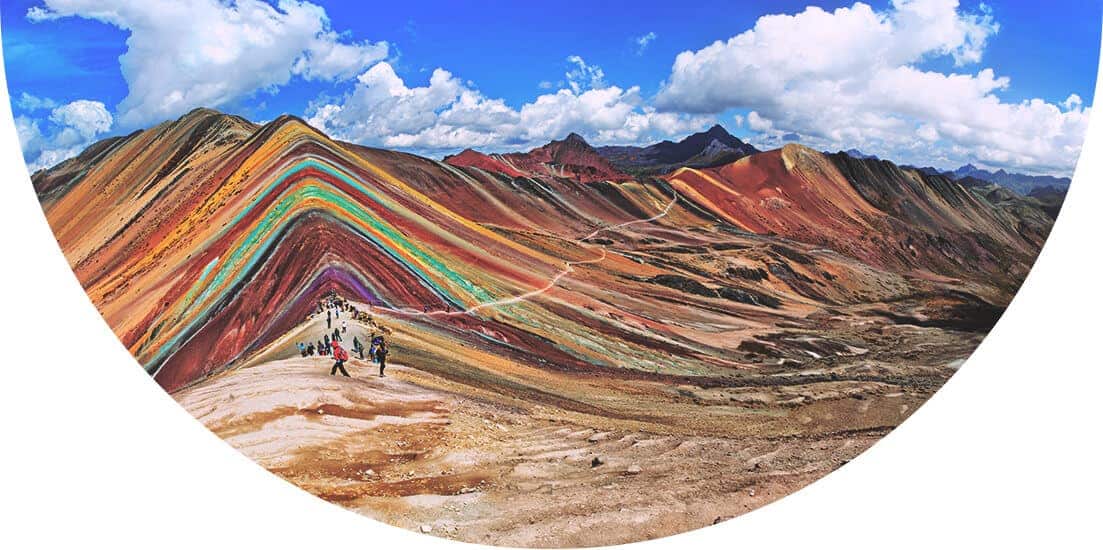West Nile virus (WNV) is spread by mosquitoes in many countries. There are usually no symptoms, although some people develop mild flu-like symptoms, nausea and skin rash. The virus is not contagious and should get better without any treatment.


Travel Vaccinations for Suriname
Recommended Vaccines for Suriname
The level of protection needed depends on your medical history and travel itinerary. Book now to get a personalised recommendation from our specialist travel nurses. The consultation costs £20 plus any vaccines you decide to take.
Flexible appointments with no upfront payment
Book Now
Destination Information for Suriname
Suriname is a small country tucked between Guyana and French Guiana on the Northeast coast of South America. Formerly a Dutch colony, the architecture and culture of Suriname is still heavily influenced by the style of the Netherlands, since independence in 1975. Suriname is the smallest independent country in South America. The main towns, and the majority of Suriname’s small population, are along the coast, with the Surinamese Rainforest and a number of national parks inland, including the Brownsberg Nature Park with the Brokopondo Reservoir, one of the world’s largest man-made lakes.
The main attraction of Suriname is the vast natural beauty and the prolific and stunning flora and fauna. Around a third of the country is natural reserve, home to thousands of species of birds, reptiles, primates and big cats. There are some guided tours and even holiday resorts available, a safe and stress-free way to see this beautiful land without the worry of navigating yourself. The 17th-century capital, Paramaribo, is a UNESCO World Heritage Site, with waterfront colonial buildings, a lively market and excellent local restaurants and bars.
Suriname is often overlooked as a destination in favour of its larger and more well-known neighbours, but it shouldn’t be underestimated. Ecotourism is a growing industry here, and options for tourists make it an attractive option for anyone looking for a South American rainforest adventure.
Infections and Outbreaks frequently change from country to country and by attending our clinics you will be given the most up to date clinical and safety advice from our team of specialists. Our advice to you often includes aspects such as:
- Food and water hygiene
- Insect and animal bite avoidances
- Personal safety
- Sexually transmitted infections
- Sun protection
- Altitude sickness
Malaria and regions within country:
There is a high risk of P.Falciparum and P.Vivax malaria throughout the country, with coastal areas and the city of Paramaribo, the exception.
Additional Health Risks Information for Suriname
Medical care in Suriname is extremely limited, with just one emergency hospital located in Paramaribo. Make sure you carry with you a good supply of basic medical supplies including remedies for sunburn and rehydration, as well as sun protection and insect repellent. Visitors to Suriname are at risk from many mosquito transmitted diseases, including the Zika virus.
Most travellers to the country do so trouble-free, but there is an increased risk of crime, including pickpocketing and theft, in the capital and other busy areas. Exercise general precautions just as you would in any busy tourist area, travelling in a group, with a guide if possible, and being aware of your personal possessions and security.
As a country with large areas of rural land, parts of Suriname are prone to flooding due to high rainfall. If you’re planning on exploring in the reserves and rainforests, check the conditions before you go and take suitable kit to deal with the weather.



